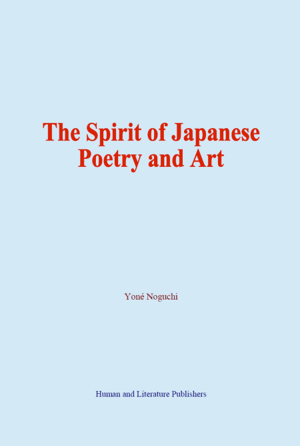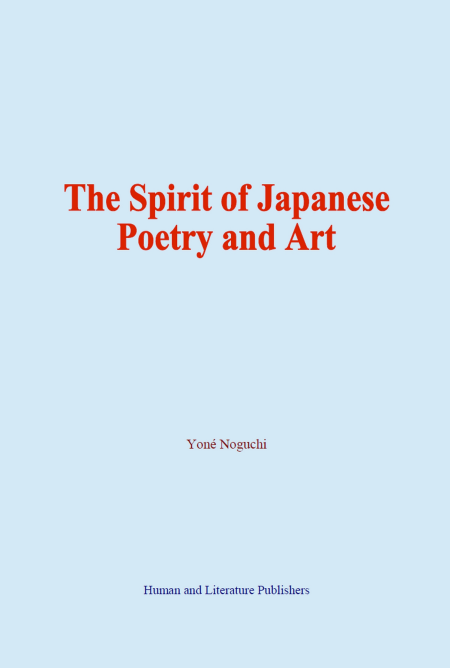
- Retrait gratuit dans votre magasin Club
- 7.000.000 titres dans notre catalogue
- Payer en toute sécurité
- Toujours un magasin près de chez vous
- Retrait gratuit dans votre magasin Club
- 7.000.0000 titres dans notre catalogue
- Payer en toute sécurité
- Toujours un magasin près de chez vous
Description
There are beauties and characteristics of poetry of any country which cannot be plainly seen by those who are born with them; it is often a foreigner's privilege to see them and use them, without a moment's hesitation, to his best advantage as he conceives it. I have seen examples of it in the work of Western artists in adopting our Japanese traits of art, the traits which turned meaningless for us a long time ago, and whose beauties were lost in time's dust; but what a force and peculiarity of art Utamaro or Hiroshige, to believe the general supposition, inspired in Monet, Whistler and others! It may seem strange to think how the Japanese art of the Ukiyoye school, nearly dead, commonplace at its best, could work such a wonder when it was adopted by the Western hand; but after all that is not strange at all. And is it not the same case with poetry? Not only the English poetry, but any poetry of any country, is bound to become stale and stupid if it shuts itself up for too long a time; it must sooner or later be rejuvenated and enlivened with some new force. To shake off classicism, or to put it more abruptly, to forget everything of history or usage, often means to make a fresh start; such a start often begins being suggested by the poetry of some foreign country, and gains a strength and beauty. That is why even we Japanese, I dare say, can make some contribution to English poetry...
Spécifications
Parties prenantes
- Auteur(s) :
- Editeur:
Contenu
- Langue:
- Anglais
Caractéristiques
- EAN:
- 9782384691821
- Date de parution :
- 04-08-23
- Format:
- Ebook
- Protection digitale:
- Digital watermarking
- Format numérique:
- ePub

Les avis
Nous publions uniquement les avis qui respectent les conditions requises. Consultez nos conditions pour les avis.






